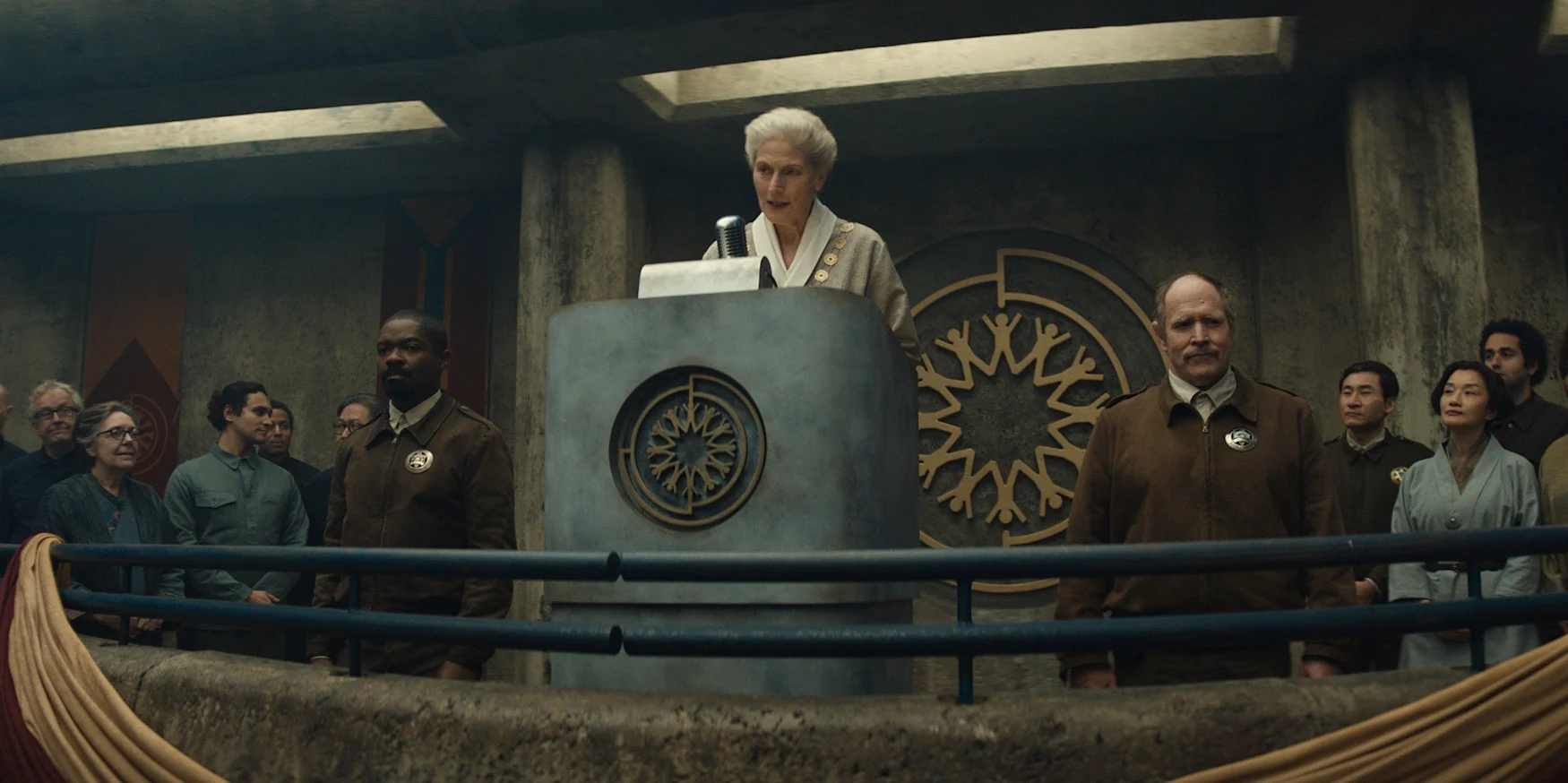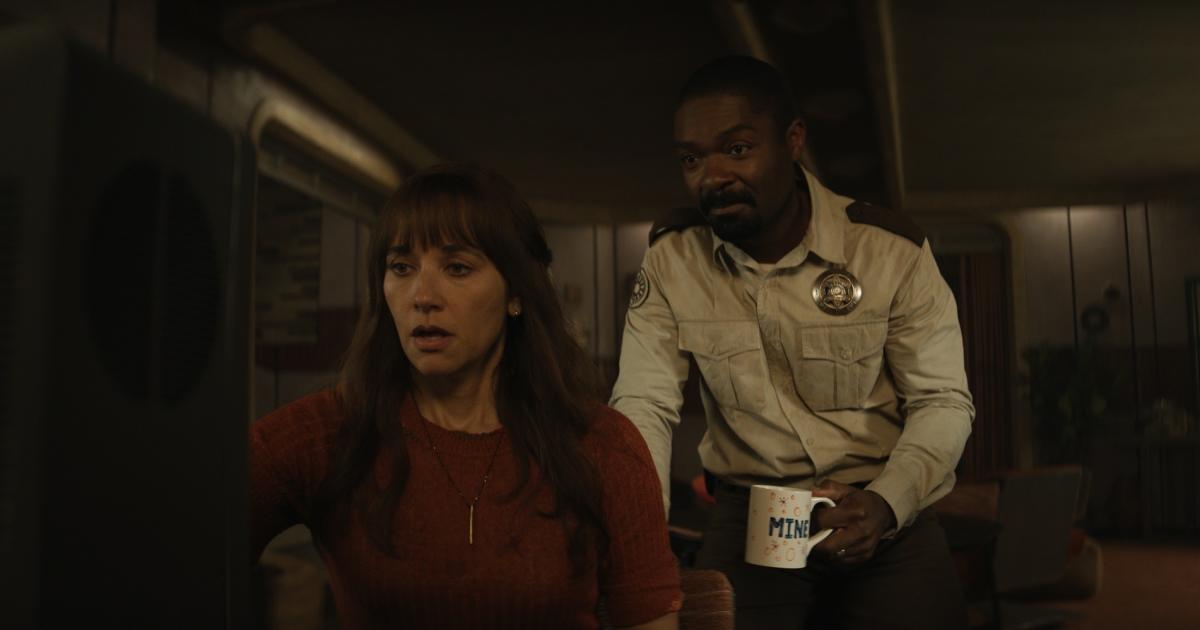You’ve heard this premise before: In a post-apocalyptic world, the remnants of civilization live in a stratified society, governed by oppressive rules as they struggle to maintain their humanity. Then, a hero appears and threatens to topple the social order. We’ve seen this story repeated so often throughout the history of dystopian fiction — most notably in Fritz Lang’s masterpiece, Metropolis — that I wasn’t immediately excited when Apple first announced Silo, an adaptation of Hugh Howie’s wildly popular Wool novels. Surely, this can’t top Bong Joon-ho’s bonkers Snowpiercer (itself adapted from an ’80s French graphic novel), so why even bother?
Well, I was wrong. Spearheaded by Graham Yost (Justified), Silo exemplifies everything I love about great science fiction. It wrestles with complex ideas and moral questions, it’s filled with memorable and realistic characters, and it features a truly distinctive setting: a 144-story self-sustaining underground city that’s reminiscent of The Matrix’s Zion. In this case, though, the population seems mostly content with their situation. There’s no memory of the world before the silo, so most people concern themselves with keeping the city running instead of breaking out. Why rock the bunker?
But, echoing a theme from HBO’s excellent Station Eleven and Deep Space Nine, survival is insufficient. Some can’t help but wonder about the nature of the silo: Is the video feed of the destroyed outside world real, or is it some sort of trap to keep them underground? Who, exactly, determines who can get pregnant? And what can they learn from the artifacts left behind from the previous civilization?
Silo makes a strong impression from the start. We’re introduced to Sheriff Holsten (David Oyelowo), a well-liked law man who goes about his morning and makes a shocking announcement: He wants to go outside. The gravity of his declaration is instantly made clear, even though the show doesn’t explain it up front. We later learn that anyone who asks to go out can, but it’s essentially a death wish. All of this is conveyed almost wordlessly at first, thanks to the strength of Oyelowo’s performance.
Apple
I can’t help but love a show that begins so confidently. Throughout the first two episodes, Silo makes it clear that you’re in good hands. Yost and his writing team — which includes Jessica Blaire (On Becoming a God in Central Florida) and Cassie Papas (Tyrant) — take time to introduce every character, establish their motivations and build a greater mystery. The impeccable production design makes the silo seem genuinely lived in. And the direction from Morten Tyldum deftly balances intimate drama with epic visuals (the silo has no elevator, just a very long stairwell that seems to go on forever).
Silo is the rare show where every word speaks volumes, every gesture seems meaningful, and every element of the frame tells a story. It’s also filled with grounded and believable performances across the board: There’s Rashida Jones as Allison, the Sheriff’s wife, someone who’s eager to start a family but also can’t help but be curious about the history of the silo. Rebecca Ferguson (Mission Impossible: Rogue Nation and Fallout), ostensibly the star of the show, doesn’t really get much screen time until the second episode, but she paints a convincing portrait of a world-weary engineer who just wants to solve the murder of her friend.

Apple
Of course, this wouldn’t be a dystopian story without some sort of greater conspiracy going on. The silo’s leadership is clearly hiding something from its citizens – though the mayor (played by Geraldine James) also seems genuinely concerned about the well-being of her people. There’s a sense that even those in power are only trying to do their best, but may be faced with hard decisions to keep society going.
You’d think after being somewhat burned by Lost, The X-Files and other shows centering on major sci-fi mysteries, I’d be less inclined to commit to yet another one. But Silo is so compelling, I just can’t help it.
Credit: Source link











































